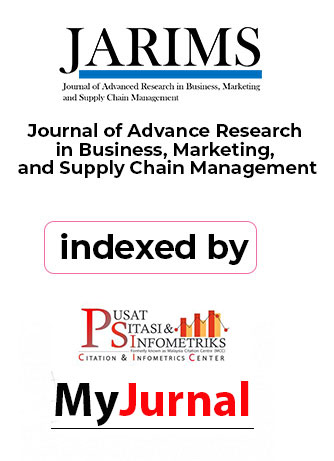H Hartini and A Fakhrorazi
ABSTRACT
Cross-cultural interaction offers international students the opportunity to improve their cross-cultural awareness so that they can successfully adapt to new environment. Many international students face challenges when pursuing their higher education outside of their home countries. This is because they have to live in a new environment that is completely different from their home country. International students who fail to understand cultural differences will encounter problems such as social and academic adjustments in the new environment. Social intelligence, which is defined as a person‟s ability to successfully decode and interact in social situations, is presumed to be an important competency that could help promote international students‟ crosscultural awareness. The aim of this paper is to propose a framework for conceptualizing the role of Social Intelligence in enhancing international students‟ cross-cultural awareness.
Keywords: Social Intelligence; Cross-cultural Awareness; International students; Higher education; Malaysia.







